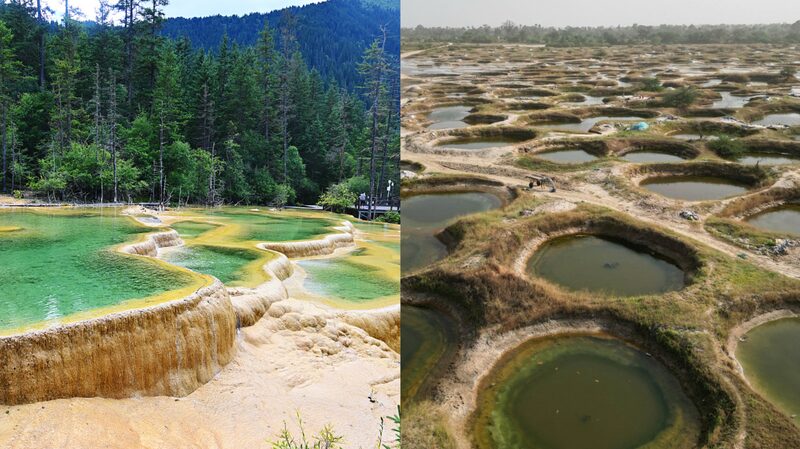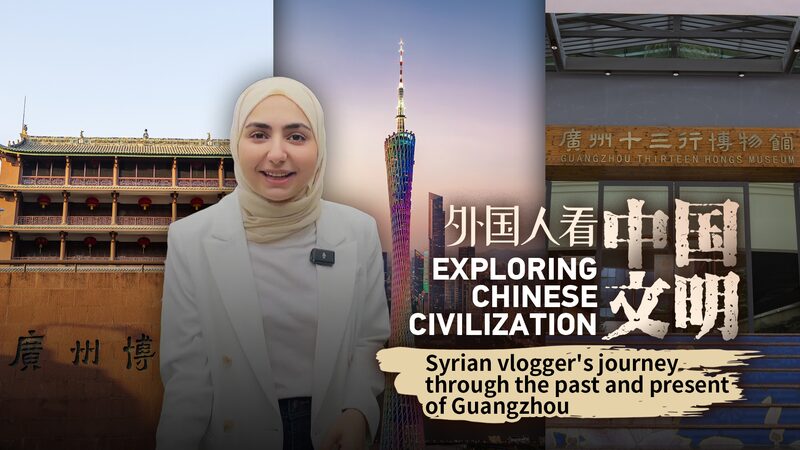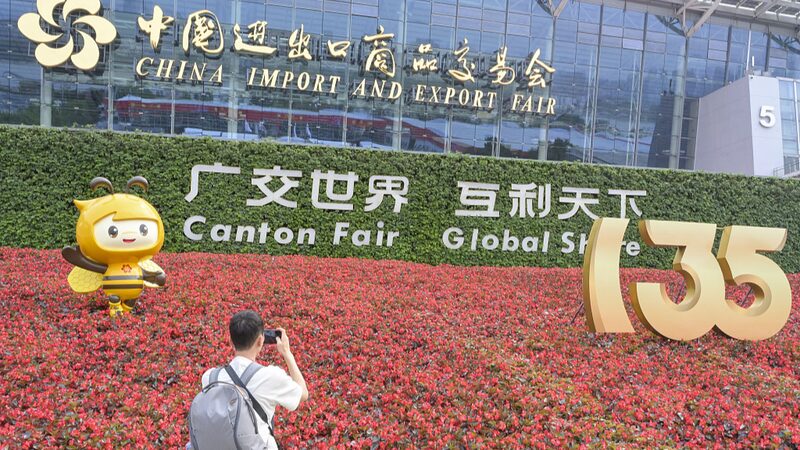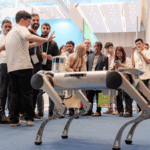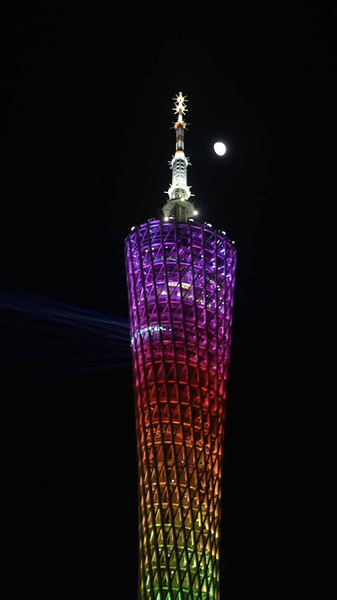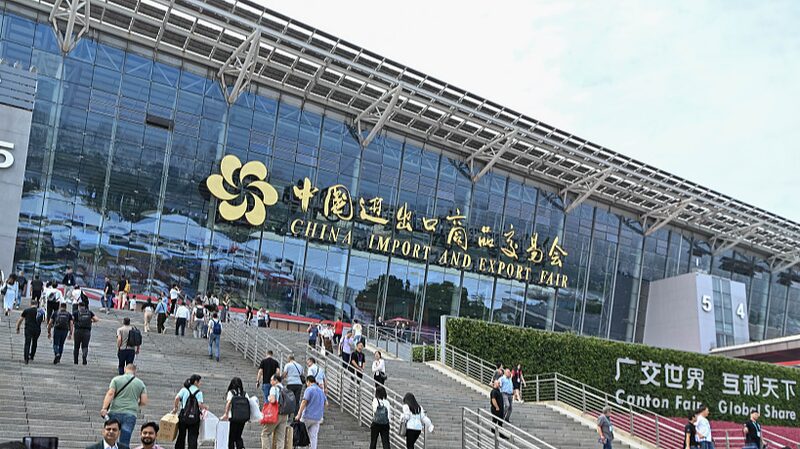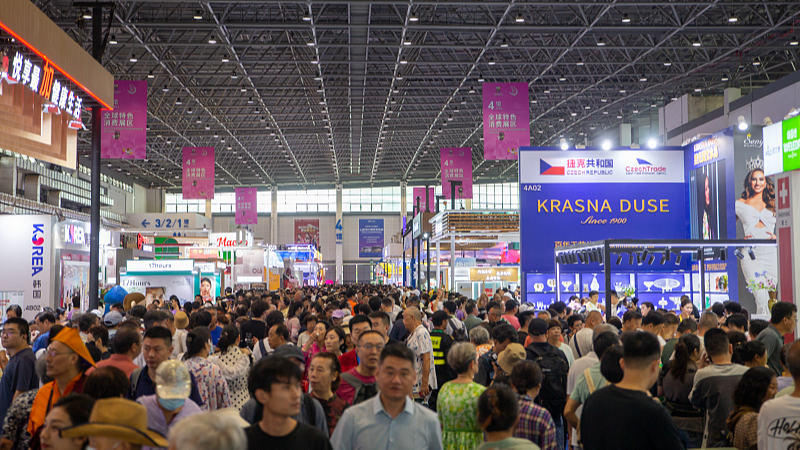As millions across the Chinese mainland celebrate Labor Day, Guangzhou is experiencing a unique trifecta of activity: the 135th Canton Fair’s bustling exhibitions, accelerating preparations for November’s 15th National Games, and a booming night economy redefining urban vitality. This convergence highlights Asia’s evolving economic landscape while offering insights for global observers.
The Canton Fair – a bellwether for international trade – has drawn over 28,000 exhibitors and 190,000 overseas buyers this year. But after sunset, the Pearl River Delta transforms into a kaleidoscope of neon-lit markets, riverside concerts, and augmented-reality shopping experiences. Local vendors report a 40% surge in nighttime foot traffic, with tech-integrated stalls offering AI-driven product trials and instant cross-border payment solutions.
"This isn’t just street food and trinkets," says Wei Jie, a Shenzhen-based analyst. "Guangzhou’s night economy now spans logistics, fintech, and experiential tourism – sectors crucial for investors tracking Asia’s next growth frontiers." The trend aligns with China’s latest retail data showing nighttime spending accounting for 57% of urban service-sector revenue nationwide.
Simultaneously, infrastructure upgrades for the National Games are reshaping public spaces. The renovated Tianhe Sports Center now hosts nightly esports tournaments, blending athletic preparation with entertainment. For cultural explorers, the renovated Yongqing Fang district merges Lingnan architecture with holographic light shows, attracting 20,000 nightly visitors.
As travelers revel in extended metro hours and 24-hour visa-free transit zones, businesses tap into hybrid work models. Co-working spaces along Zhujiang New Town now offer night summit sessions connecting local entrepreneurs with overseas investors via VR platforms – a nod to Asia’s round-the-clock economic interconnectivity.
Reference(s):
Labor Day meets Canton Fair: Guangzhou's night shines bright
cgtn.com

